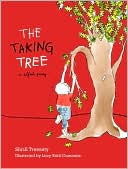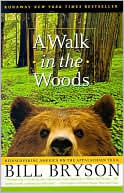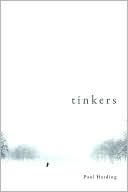Customer: My Dad wants a book for Christmas, you know, that book on war?
Me: Do you know the title?
Customer: No, it's about war.
Me: Um, do you know any words in the title?
Customer: No
Me: Do you know the author's name? First or last name?
Customer: No
Me: Do you know which war?
Customer: No, don't you know it? It's about WAR. It's that really popular one.
Me (ever so patiently): There are a lot of books about war...we usually need a little more to go on. 'War' is a pretty broad topic. I can show you the section.
Customer: Okay, I'll take a look there.
I take him to the section which takes up a large section of a wall...
Me: This first part is Military History, then it goes into Warfare, then Weapons of War, then it goes into each of the wars, starting with World War I and going chronologically up through the Iraq wars. The Revolutionary War and other wars earlier than that are in United States History, or other history if the U.S. wasn't involved.
Customer: Oooooh, I see what you mean. I'll start looking. Thanks for your help.
(at least that's what I hope he says, rather than storming off, frustrated because I wasn't able to find the book he wanted.)
**********************
A pair of shoppers knew exactly which book they wanted, I just don't think they were sure what they would be getting...
"We're looking for a book, by Mary Roach? It's called Stiff?"
"Sure, we have that, it's right over here in medical reference, I'll show you."
"Is it fiction?", they asked.
"Ah, no, it's definitely not fiction. It's about the different ways human bodies decompose after people die."
Maybe it's a gift?

**********************
Other customers aren't shopping for others, they just need a little help finding exactly what they want...like the older woman with white hair using a cane who asked a bookseller...
"I've read a lot of the paranormal romances and I like them. Is there anything else you can recommend along those lines, but can you make sure it has really steamy sex scenes? I like those the best."
**********************
And this couple, taking their children and grandchildren on a train trip..."Do you have The Polar Bear Express? We need 7 copies."
Thanks for reading! You can send email to: 2of3RsATgmailDOTcom































